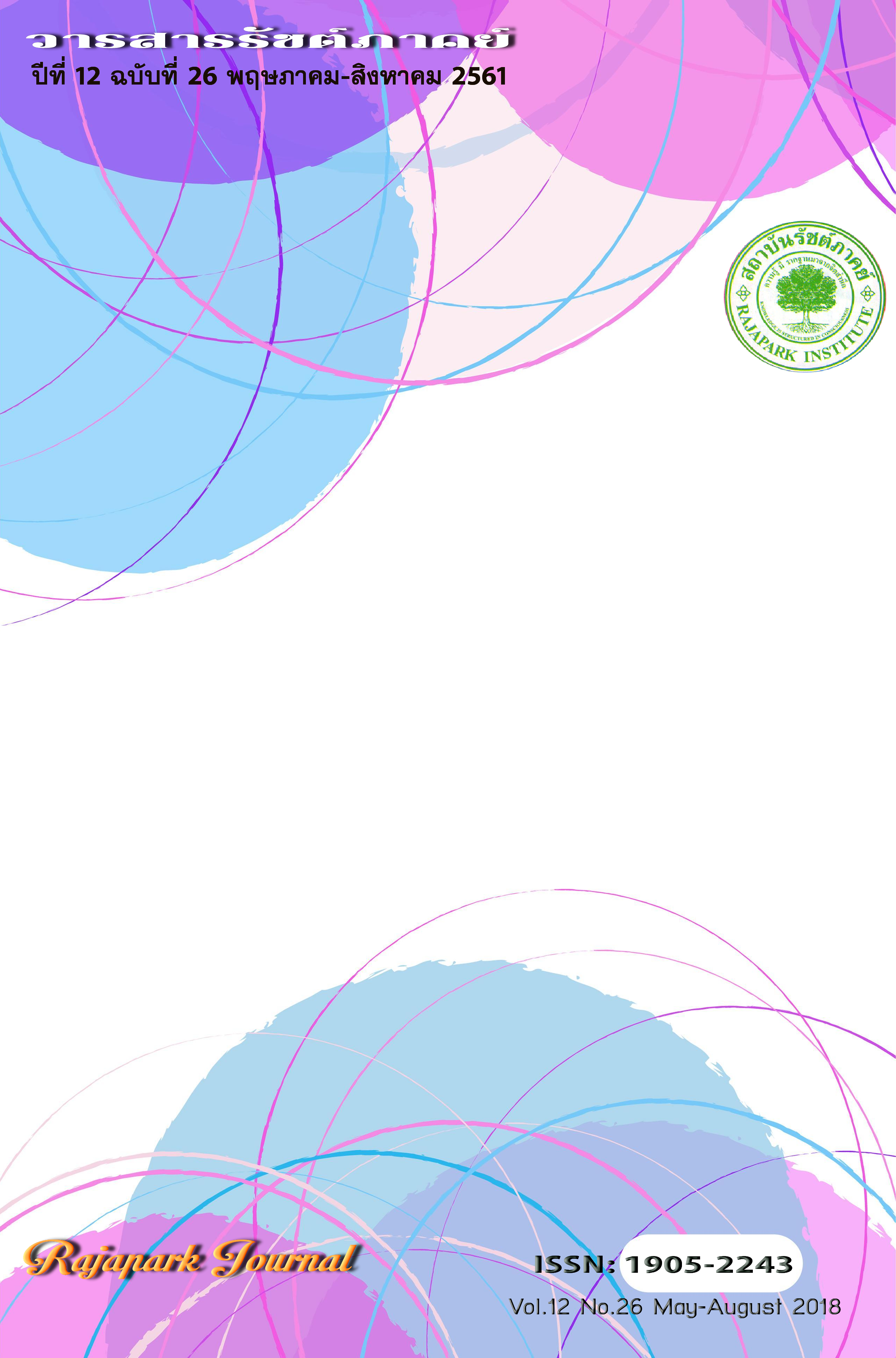An Evaluation of Curriculum Implementation of Non-commissioned Officer, Officer Non-commissioned School, Directorate of Education and Training, Royal Thai Air Force, B.E. 2553
Main Article Content
Abstract
This research aimed to evaluate the curriculum implementation of the Non-commissioned Officer, Directorate of Education and Training, Royal Thai Air Force, B.E. 2553 in three aspects; the inputs readiness of the curriculum implementation, the processes suitability of the curriculum implementation, and the outputs from the curriculum implementation. There were five groups of populations in the study: (1) five curriculum endorsees, (2) forty-eight academic lecturers, (3) fifteen military trainers, (4) 2,038 graduated student officers, and (5) 2,038 graduated student officers’ commanders. Research instruments were consisted of a collecting data form, questionnaires, and a focus group discussion form. Data were analyzed by frequency, percentage and content analysis. The results had been revealed that (1) the aspect of the inputs readiness of the curriculum implementation found that, the curriculum objectives were suitable, However, academic lecturers’ qualifications did not correspond to the required curriculum qualifications, Conversely, the military trainers and student officers’ qualifications corresponded to the required curriculum qualification, but the requirements of age and educational qualification of student officers should be adjusted. The school buildings were too small and insufficient for students. Teaching facilities were sufficient, but lack the modernity. The budgets were sufficient. (2) the aspect of processes suitability of the curriculum implementation found that, learning management was suitable both academic lecture and military training. Extra-curricular activities were appropriate, however, more public-minded extra-curricular activities should be included. There were no bringing of the classroom assessment for developing the graduate student officers to reach the subjects objectives. (3) the aspect of results from the curriculum implementation were composed of (a) basic knowledge and skills aspect which found that, the graduates have ability to coordinate with a group, but lacked basic English knowledge and skills for working. (b) military training aspect which found that, the graduates had the appropriate behaviors and demeanor to their commanders but lacked of military abidance, lack of being good leaders and followers, lack of the military characteristics. And (c) Morality and pride in the profession aspect which found that, the curriculum could improve the graduates in terms of tolerance, unity, and sacrifice. However, the curriculum could poorly improve the monetary conservation.
Article Details
Views and opinions appearing in the Journal it is the responsibility of the author of the article, and does not constitute the view and responsibility of the editorial team.


